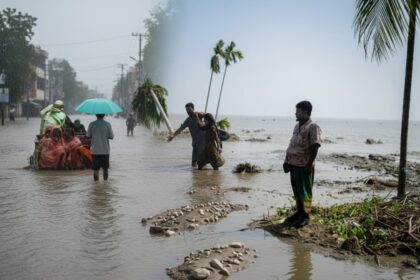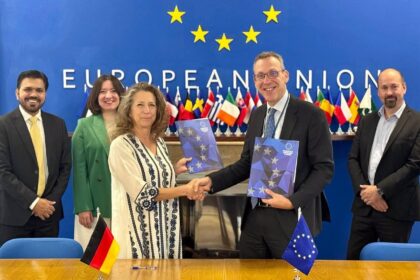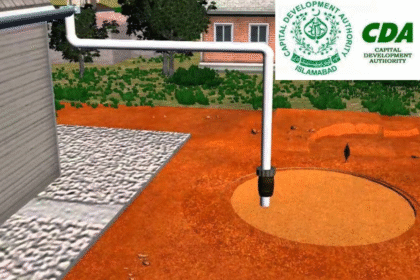In a groundbreaking effort to integrate Islamic teachings with environmental sustainability, the Zakat Foundation of America organized a consultative meeting focused on water conservation and the reuse of ablution (Wudu) water in mosques (Masajid) across Pakistan. The session gathered prominent religious scholars, environmental experts, and community leaders to discuss strategies and solutions for conserving water and promoting responsible water practices at the grassroots level.
The meeting convened in Islamabad, bringing together respected Ulama representing various Masajid and Madaris, as well as renowned environmental scientists and academics. Prominent attendees included environmental activist Dr. Rehan Tahir, Dr. Adil Naseer from Bahria University, and Dr. Irfan Khan, former Dean of the International Islamic University Islamabad. Distinguished guest and chief speaker, Chairman of the Council of Islamic Ideology, Dr. Muhammad Raghib Hussain Naeemi delivered the keynote address. He praised the Zakat Foundation of America’s initiative, emphasizing the critical role played by religious leaders in creating awareness about environmental responsibility through their sermons and talks.
Dr. Fazal ur Rehman opened the session with impactful remarks, highlighting the spiritual dimension of water conservation. “Water is a divine blessing and a shared responsibility,” he said. “Through practical steps and faith-based awareness, we can protect this vital resource for future generations.”
Participants discussed effective solutions to prevent wastage during ablution practices in mosques, proposing measures such as the installation of greywater recycling systems. These systems would repurpose ablution water for safe reuse in landscaping, sanitation, and other non-potable activities, simultaneously addressing environmental sustainability and religious teachings.
A significant outcome of the consultative meeting was the announcement of a pilot program to be initiated across selected mosques in Rawalpindi and Islamabad. The pilot project will introduce rainwater harvesting techniques and seek practical methods to conserve, reclaim, and efficiently reuse ablution water. Upon successful implementation, this model could potentially be expanded nationwide, marking a significant step towards achieving sustainable water usage across Pakistan.
Mufti Zameer Sajid, Member of the Ruet-e-Hilal Committee, expressed strong support for the campaign under the theme “Safe Water, Safe Life.” He stressed the dual importance—ecological and spiritual—of conserving ablution water: “Conserving Wudu water is not just an environmental need—it is a religious responsibility. We must act with wisdom and foresight to preserve Allah’s blessings.”
Concluding his keynote address, Dr. Muhammad Raghib Hussain Naeemi emphasized that Imams and religious scholars hold a unique authority in mobilizing community consciousness on environmental matters. “Imams and scholars play a critical role in shaping public consciousness on this issue. Their voices, rooted firmly in faith, can inspire action and facilitate meaningful change at the grassroots level,” he noted.
This consultative session represents a landmark step in Pakistan’s journey toward sustainable water management, bringing ecological ethics and Islamic teachings into close alignment. By marrying scientific solutions with religious values, the initiative sets the foundation for greater community awareness and collective responsibility for water preservation in the future.











